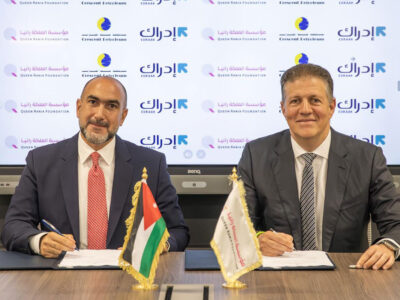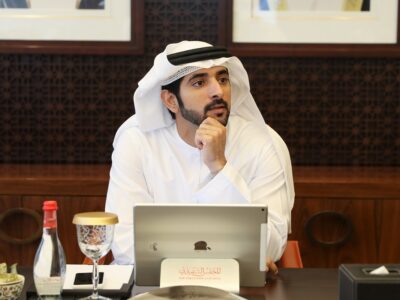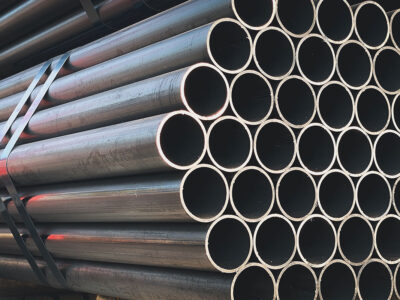The UAE’s successful space programme is a stark symbol of the benefits of international cooperation and bodes well for future space exploration, according to US Congressman Frank Lucas.
On February 9, the UAE’s Hope Probe became the first of three spacecraft to arrive on Mars this month after China and the US also launched missions in July, taking advantage of a period in which Earth and Mars are closest.
China’s mission entered Mars’ orbit the following day, while NASA’s ‘Perseverance’ rover is expected to enter the Red Planet’s orbit on Thursday.
Speaking at an event organised by US digital media company The Hill on Tuesday, Lucas – an Oklahoma Republican who is the ranking minority leader of the House Committee on Science, Space and Technology – said that the UAE’s success in space is an example of the possibilities of international cooperation.
“It’s a complicated world we live in, but [the UAE space mission] is one of those signs that give me hope about our relationships around the world,” he said. “We can’t underestimate the importance of being able to access great talent, wherever it is around the world.”
At the same time, however, Lucas noted that intense competition between various space programmes – such as the US and China – also plays an important role in encouraging innovation in technology and space exploration.
In the case of America, he said, seeing other countries achieve success in a field in which the US has traditionally excelled can ultimately help ensure federal funding to NASA and for space missions.
 US Congressman Frank Lucas
US Congressman Frank Lucas
“Competition has always compelled us to move forward,” he added. “Whatever it takes to [retain] the focus of the administration to move us forward. We can’t be starting and stopping.”
In the longer, term, however, Congressman Lucas said he believes that an international space agency will bring the UAE, US and others together for space-related endeavours.
“If you’re willing to look far enough into the future, I certainly think that’s a possibility. But probably not in the next decade, or two, or three,” he explained. “But when we step into the far planets of the solar system or begin talking about the exploration of other solar systems, the magnitude of the resources and timeline required will take a global commitment.”
During the event Sarah Al Amiri, the UAE’s Minister of State for Advanced Technology and chair of the UAE Space Agency, noted that in the long-term, the success of UAE space missions such as the Hope probe will ultimately benefit the UAE’s private sector.
 Sarah Al Amiri, the UAE’s Minister of State for Advanced Technology and chair of the UAE Space Agency
Sarah Al Amiri, the UAE’s Minister of State for Advanced Technology and chair of the UAE Space Agency
This, she added, will be one of the main objectives of the UAE going forward.
“For me, the next big bet is on transferring the experience we gained over the last 15 years and transferring that to the private sector. Space products and services are next,” she said. “This is fundamental to enabling the [sort of] space economy that other countries are capitalising on.”
In September, a whitepaper released by the Dubai Chamber of Commerce of Industry identified the space industry as one of the country’s most promising sectors over the next 50 years. The report identified 10 potentially lucrative areas of the space economy, including space mining, space settlements, space-focused sustainability, recycling and space tourism.
Additionally, Al Amiri stressed the importance of “continuous engagement” with the Emirati public on space, and on attracting young people to related fields.
“A large interest in STEM is a key driver in diversification of the economy,” she said. “That means establishing a sector, attracting the right talent and creating the right environment to flourish in.”
Another panel speaker, Marwa Alalawi – a Bahraini national and 2020 mechanical engineering graduate at the Massachusetts Institute of Technology (MIT) – said that the success of the UAE’s space programme plays an important role by serving as an example for young people around the wider region.
“They’re serving as role models. That really helps,” she said. “We are endlessly trying to mentor students and excite them. That puts a lot on the table in terms of the aspirations the youth can have.”
In addition to building a human colony on Mars by 2117, in late September the UAE also announced plans to send an unmanned spacecraft to the Moon in 2024.
“It will be an Emirati-made lunar rover that will land on the surface of the moon in 2024 in areas that have not been explored previously by human missions,” Sheikh Mohammed bin Rashid Al Maktoum, Vice President and Prime Minister of the UAE and Ruler of Dubai, wrote on Twitter.
The rover will be 100% manufactured and developed in the UAE by Emirati Engineers. The UAE will be the fourth country in the world to send a mission to explore the moon. We will continue our contribution to the global pursuit of knowledge for the benefit of humanity. pic.twitter.com/1jemoipz7v
— HH Sheikh Mohammed (@HHShkMohd) September 29, 2020
Dubai Ruler and UAE Prime Minister Sheikh Mohammed bin Rashid Al Maktoum said that lunar rover will be named “Rashid”, after his father, Sheikh Rashid bin Saeed Al Maktoum. If successful, the UAE could become the fourth nation to land a spacecraft on the moon after the US, the then-Soviet Union and China.








